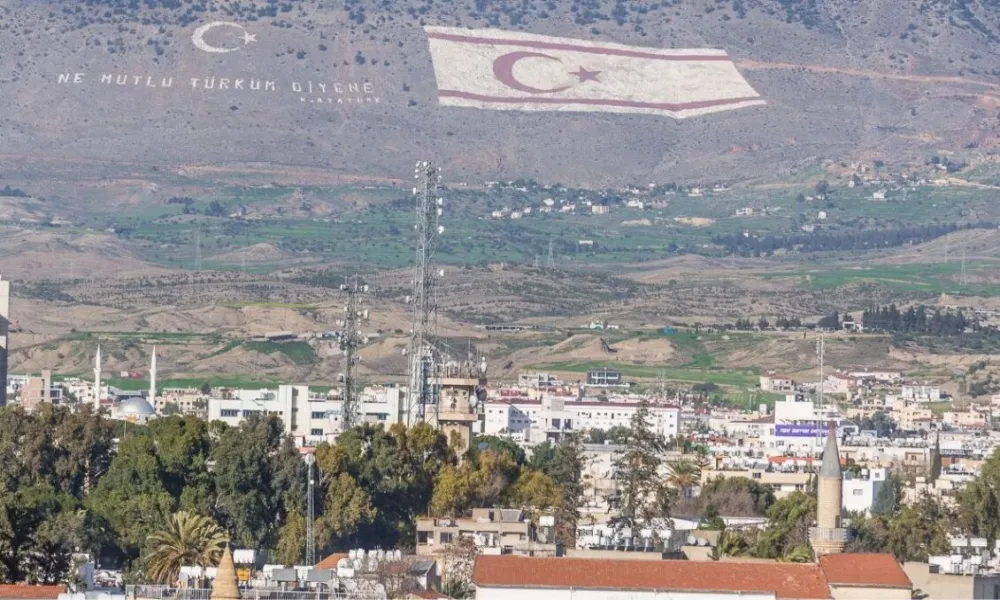The continued division of the island is exacerbating cost of living on a daily basis for both Greek and Turkish Cypriots, a financial situational analysis shows, pointing to high inflation in the occupied territories and electricity prices in the free areas of the Republic.
Published data cited by Sapienta Economics Cyprus and other similar platforms, note that inflation in the north maintained at stifling high levels by dependence on the unstable Turkish lira means that the Turkish Cypriots are now increasingly crossing over to Republic-controlled area to purchase goods, as price differences have reached their peak.
The inflation rate in the occupied territories was 16.3 last year, with a low GDP growth and absolute dependence on Turkey. Casino tourism, as a Sapienta report notes, means that people are staying in hotels and not spending money in restaurants or shops.
For the Greek Cypriots, as argued by the same circles, the greatest costs from division and lack of a Cyprus issue settlement are high electricity prices, as Turkish objections and other factors concerning the exploitation of natural gas discovered since 2011, mean that Cyprus still uses diesel and other fossil fuels for 76% of its electricity needs.
Cypriots are in the top three of most expensive electricity in Europe, with businesses in first place.
The report also points to the geopolitics of natural gas production, indicating that Turkish threats are most possibly creating issues for the realisation of the GSI project.
It also claims that the lack of a Vice-President, weakens checks and balances, with any President affecting projects at will, such as Vasiliko liquified natural gas on which the EU is conducting an investigation, coupled with the GSI probe.
